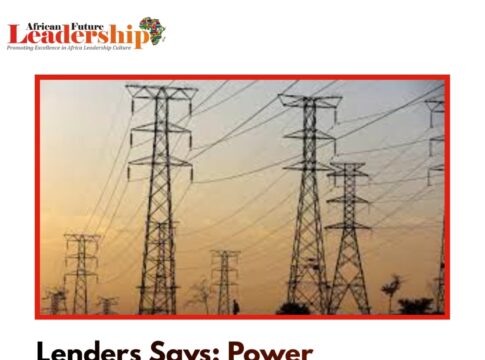Three of South Africa’s top four lenders have advised that hours of daily power cuts could hurt small and medium- sized enterprises (SMEs), which are considered the backbone of the nation’s economy.
SMEs in Africa’s most industrialised nation represent further than 98% of its businesses and employ further than half of its labor force, according to a McKinsey study.
Issues affecting this sector could in turn further hurt gross domestic product, which compressed a lesser- than- hoped 1.3% in the final three months of last year.
State-utility Eskom implements daily power cuts, called load-shedding, in stages with Stage 1 the smallest. At stage 6, power could be cut for further than 10 hours a day, performing in some of the grievous blackouts in living memory.
READ MORE: Nigerian’s Presidential Election Was Decided By 28% Of Eligible Voters
Nedbank (NEDJ.J) said in its earnings release this week that costs to the economy in misplaced production would escalate exponentially to about 408 million rand ($22.32 million) per day at stage 4, and further than double at stage 6, with the mass falling on SMEs.
Agriculture, manufacturing, restaurants, food services, retail supply chains and tourism are more exposed and will incur losses and advanced functional costs for running generators, it added.
From the second half of last year, debt-laden Eskom’s power plants have oftentimes broken down, creating a headache for President Cyril Ramaphosa’s government and the country’s businesses over how to keep the lights on.
Advanced stages of load-shedding towards the end of the calendar year presented a challenge for small and medium-sized enterprises (SMEs) and sole proprietors, in particular,” FirstRand (FSRJ.J), the country’s biggest bank by market capitalisation, said this week.
Standard Bank, the largest lender by means, also said South African GDP growth was hoped to be hampered by the daily power cuts.
Rating agency Fitch said on Friday persistent blackouts have” caused significant disturbance and reduced business confidence, presently at a two-year low.”
This adds to existing asset quality and profitability pressures for local lenders, who are otherwise said to be among the most capitalized banks in the continent.




